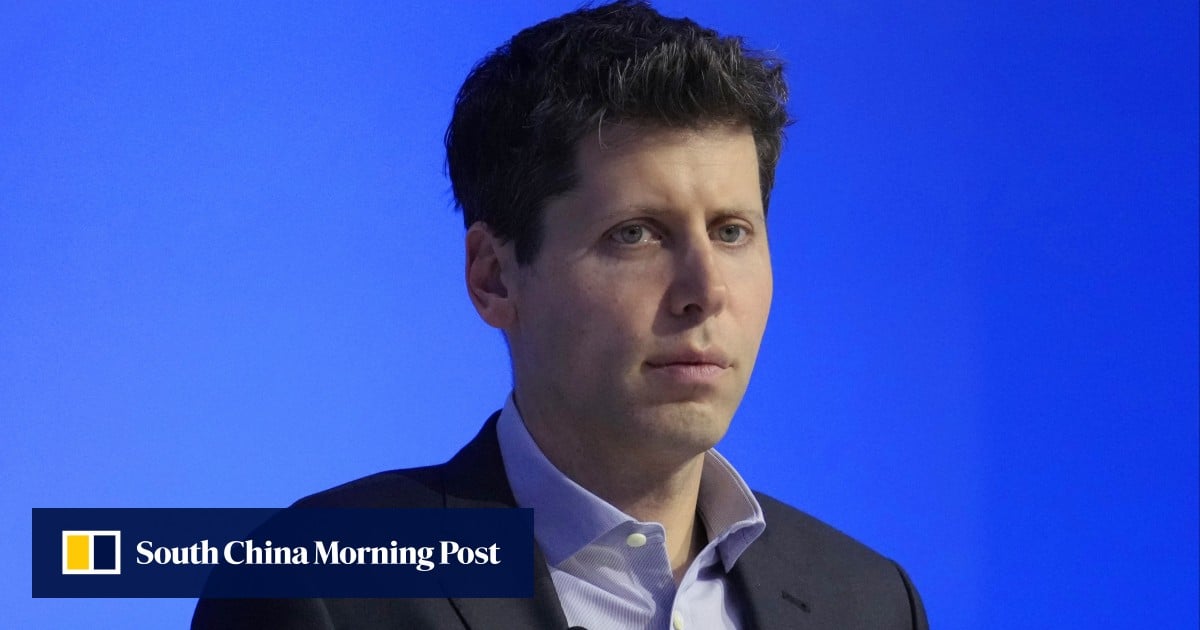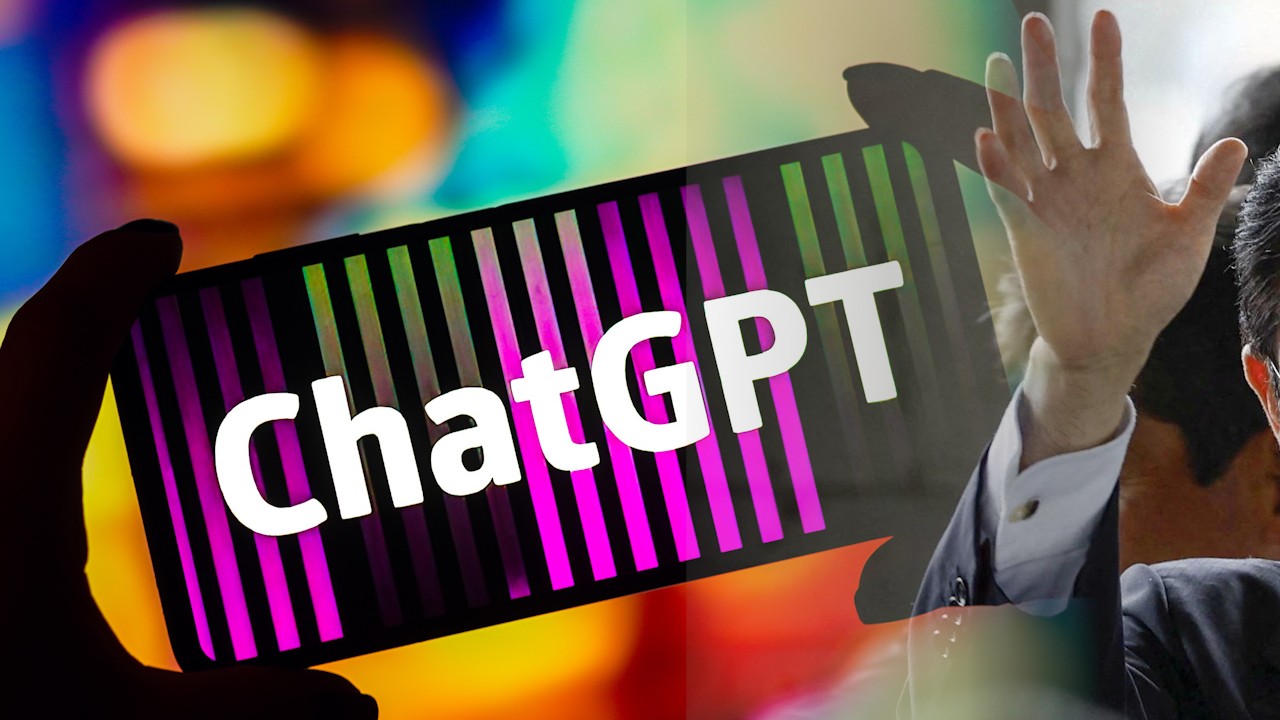OpenAI Chief Executive Sam Altman will return to the ChatGPT-maker’s board along with three new directors, the world’s most prominent artificial intelligence company said on Friday.
An investigation into the events surrounding the November firing of Altman also has concluded, and the company has created new governance rules including strengthening its conflict of interest policy.
Employees, investors and OpenAI’s biggest financial backer, Microsoft, had expressed shock over Altman’s ousting, which was reversed within days.
The company appointed new directors including Altman, Sue Desmond-Hellmann, a former CEO of the Bill and Melinda Gates Foundation, Nicole Seligman, a former president of Sony Entertainment, and Fidji Simo, CEO of Instacart.
The investigation by law firm WilmerHale found that a breakdown in trust between the board and Altman led to his firing.
Altman’s dismissal was not the result of concerns related to OpenAI’s finances, product safety or other issues, WilmerHale determined.
“WilmerHale found that the prior board believed at the time that its actions would mitigate internal management challenges and did not anticipate that its actions would destabilise the company,” OpenAI said in a blog post.
The board’s lack of detail for its surprise November decision fuelled speculation about potential misconduct by Altman, which he and the company have denied, and about supposed existential risks from the technology that OpenAI is building.
ChatGPT CEO wants to raise billions of dollars to build AI chip plants
ChatGPT CEO wants to raise billions of dollars to build AI chip plants
Altman’s return as CEO about four days after his firing came after nearly all of OpenAI’s employees threatened to depart unless the board restored Altman and resigned.
His return led to discussions about how OpenAI would be governed, and the company announced a reconstituted board that did not include Altman.
It was helmed by Silicon Valley entrepreneur Bret Taylor.


